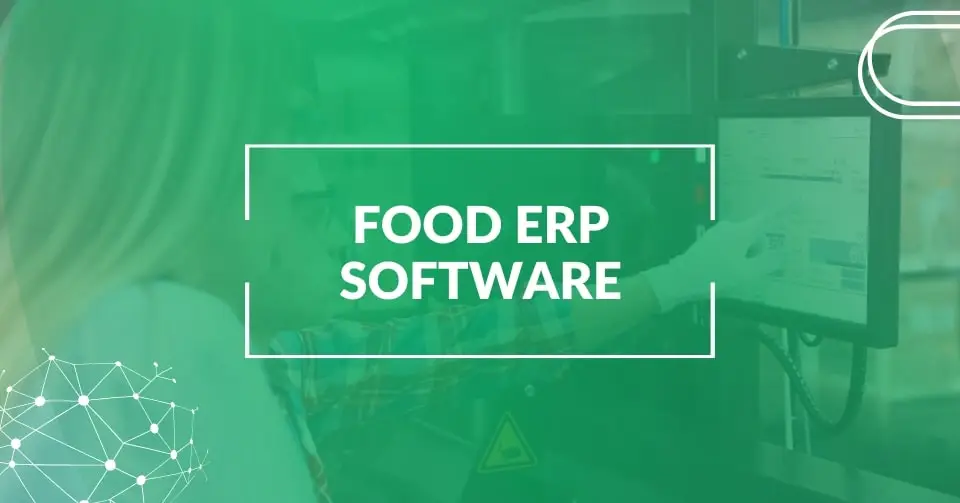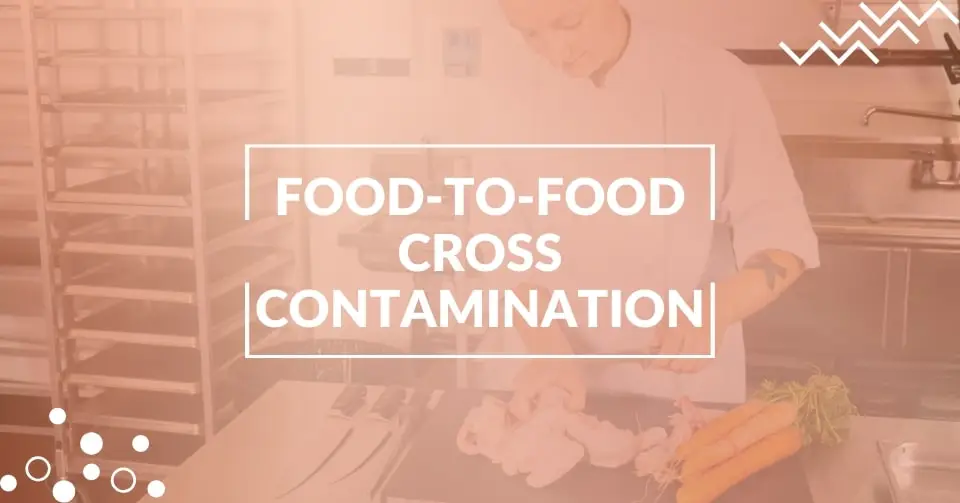If you’re in the food industry, chances are that you’ve heard about BRC certification.
What does it mean?
Why should I have my company BRC certified?
These are all valid questions—and ones we’ll answer in this article.
BRC was developed by the British Retail Consortium, a non-profit organization that works with retailers to develop food safety standards. Around 15 years ago, BRC decided to create a standard for food safety that would help protect small and medium-sized businesses.
BRC is a GFSI (Global Food Safety Initiative) standard. It’s used by food manufacturers, retailers and service providers around the world to assess their food safety management systems. By doing so, they’re able to demonstrate that they have an effective management system in place that ensures the safety of their products from source to shelf.
BRC Works on a Three-Year Audit Cycle and Focuses on HACCP
BRC certification focuses on food safety. It also focuses on HACCP (Hazard Analysis and Critical Control Points).
BRC performs audits in three-year cycles, which allows for constant improvement in your business practices. The first part of the audit assesses your company’s processes, procedures and documentation. This includes how you design and manufacture products, package them and store them until they are ready to be shipped out to customers.
The second part of the audit focuses on product testing to determine whether any contaminants exist inside any containers or packaging materials used in production processes at that time; this could include anything from raw materials used during manufacturing to storage containers used after initial production is complete with final product being packaged before it leaves for distribution channels such as grocery stores across Canada or abroad overseas markets like Europe for example.
The 3 Main Benefits of BRC Certification
BRC certification is more than a regulatory milestone; it’s a strategic advantage that demonstrates your commitment to food safety, operational excellence, and market readiness.
Whether you’re selling to retailers, food service providers, or directly to consumers, BRC certification sets your business apart.
1. Enhance Customer Confidence
A BRC-certified facility gives consumers peace of mind that the food they purchase meets strict safety and quality standards. It proves your company is operating at the highest level possible, whether your products are served in restaurants or sold in grocery aisles. Certification reinforces your brand’s integrity and helps build lasting customer trust.
2. Reduce the Risk of Food Safety Issues
By adhering to the BRC Global Standard, your business implements robust hygiene practices, documentation systems, and hazard controls, such as HACCP protocols. These safeguards minimize the risk of contamination and foodborne illness, reduce costly recalls, and streamline your response to safety incidents.
3. Meet Retailer and Buyer Requirements
Large retailers and manufacturers, including names like Costco, Whole Foods, Publix, and Kroger, often require BRC certification before they’ll consider doing business with a supplier.
Certification opens doors to these high-volume markets, boosts your credibility, and positions your company for long-term growth.

BRC certification can be very beneficial for your company. It allows you to work with large retailers, who often require that their suppliers have this certification before working with them. A BRC certification ensures that your company is operating at the highest level possible and provides consumers with confidence in knowing that their food will be safe when eating out at restaurants or buying groceries from your store.
Additional Benefits of BRC Certification
Beyond major benefits like retailer access and global credibility, BRC certification brings a host of smaller yet meaningful advantages that contribute to operational excellence, internal alignment, and market appeal.
Improved Supplier Relationships
Suppliers are more likely to prioritize your business when they see you’re BRC certified. It signals professionalism, reliability, and a shared commitment to food safety, which can lead to stronger partnerships and better terms.
Easier Staff Training and Onboarding
With documented procedures and clear standards, BRC-certified facilities often experience smoother onboarding and training for new employees. Teams operate with more consistency and fewer miscommunications, boosting morale and efficiency.
Audit Readiness for Other Standards
Once your business is BRC certified, you’re much closer to being audit-ready for other GFSI standards (like SQF or FSSC 22000), customer-specific audits (e.g., Costco or Whole Foods), or regulatory inspections. BRC gives you a strong compliance foundation.
Marketing & Brand Leverage
Displaying your certification on packaging, websites, or sales materials reinforces your commitment to quality. This can enhance consumer trust and give your brand a competitive edge in crowded categories.
Operational Discipline
Even outside of food safety, BRC encourages better workflows, documentation habits, and team communication. It helps instill a culture of structure and accountability across your facility.
Gain a Competitive Edge with BRC Certification
Certification means access to better buyers, and we’ll help you earn it.
How FoodReady Can Help?
FoodReady is a food safety software and consulting company built to support your journey toward BRC certification and beyond. Our platform features tools like an AI-powered HACCP builder, traceability systems, and customizable checklists. With our Enterprise program, you’ll also gain access to expert consultants who specialize in GFSI, SQF, GMP, SOP, HACCP, and major retail audits, including the Costco, Whole Foods, and HEB audits.
FAQs
BRC Certification can significantly benefit SMEs by enhancing their marketability to major retailers and food service companies, ensuring compliance with global food safety standards, and potentially opening new market opportunities. It also helps SMEs to implement best practices for food safety, which can lead to improved efficiency and reduced costs associated with waste and recalls.
BRC Certification reassures consumers that the food they purchase is safe and of high quality. It demonstrates that a company adheres to internationally recognized food safety standards, undergoes regular and rigorous inspections, and is committed to continuous improvement, thereby building consumer trust.
After initial accreditation, BRC Certification is maintained through continuous compliance with BRC standards, regular internal audits, corrective actions in response to non-conformities, and annual recertification audits. Companies must demonstrate ongoing commitment to food safety and quality improvement to retain their certification status.







